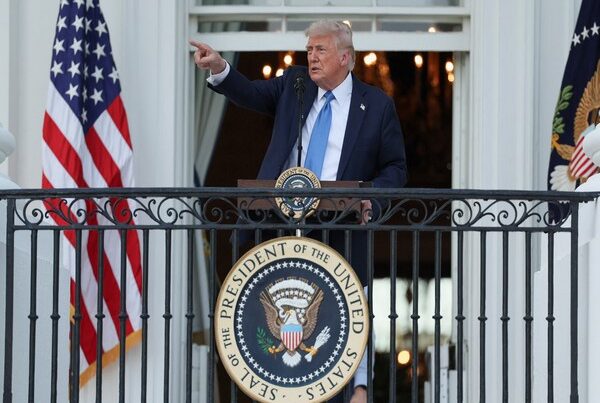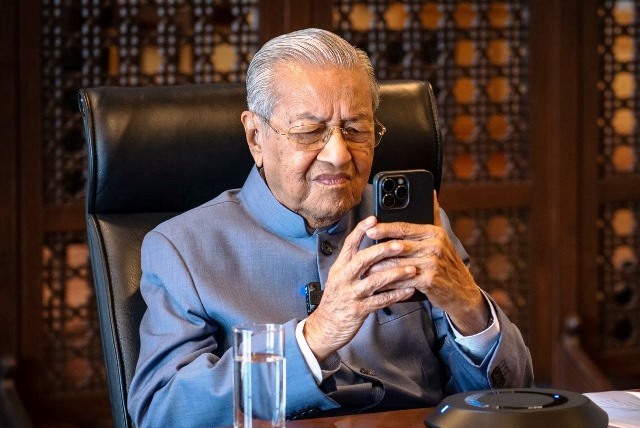Affable, Affectionate And Accessible
Politicians come and go. Those who hold office are more powerful as they can do favours, but are also more vulnerable. Assessing them becomes an if-and-but exercise.
Fragrance or odour they spread by their deeds and words matters. And when they go, memories they leave behind. Their political legacies, if any, are for the scholars and historians to study. Their families, mostly, are a different story.
Two diminutive women and a polio-stricken man strode India’s political scene for close to four decades. They passed away in the last three weeks. As a scribe who watched and reported them, I do think they spread frangrance amidst a lot of muck around, and have left something to remember them by.
Sheila Dikshit, 81, Delhi’s longest-serving Chief Minister, went first on July 20. She can rightly be credited for making New Delhi a world capital worth visiting and a little more habitable.
Next to go on July 28 was Sudini Jaipal Reddy, 77, a Congressman-who joined Janata Party and Janata Dal and then, returned to the old stable. He was acceptable to all as their spokesman, doing his job with equal dedication and conviction. Remarkably, media lapped up whatever he said in all his avatars.
And last week, on August 6, Sushma Swaraj, the youngest of them at 67, left. India’s external affairs minister till only two months ago, she opted out of this year’s elections on health grounds. Despite speculation about her willingness, she found no place in Modi-2. If she had a premonition of what was coming, we will never know.
Qualities common to the three were grace and personal charm in whatever they did or say in public, a high level of credibility and the ability to carry others along.
Although belonging to different parties, they got on well among themselves in the country’s political roadshow. Actually, like politicians anywhere, the Indians, too, snipe at each other in public, but the better ones share mutual warmth.
After attacking the Congress-led government from her seat as Leader of the Opposition, Swaraj was among the first to rush to hospital when her political bête noir, Congress President Sonia Gandhi, took ill during the proceedings.
That Gandhi had defeated her in an election earlier did not matter. Also forgotten was her declaration when Gandhi was close to becoming the prime minister that she (Sushma) would shave her head off and live like an ascetic in protest. Coming from one woman about another, it was not received well. Yet, Swaraj, with her trademark ‘bindi’ and Hindu-Hindi persona, was BJP’s perennial antidote to Gandhi. That is politics.
India has lost three sharp minds that went beyond their calling and well beyond the routine and the humdrum. If Sushma quoted Sanskrit scriptures and Urdu couplets spontaneously, Sheila was often seen at Sufi festivals.
Each of them was intensely humane and earned goodwill by helping whoever they could.
Do-gooder Dikshit was called “Aunty Number 1”. Like Reddy, Swaraj, too, was among the more accessible ministers. At the Foreign Office where much of the work was done from the prime minister’s office (PMO) and when she was unwell and unable to travel, she used the social media and provide succor to whoever could reach her. They included a girl who on losing memory had strayed into Pakistan, stranded spouses, someone needing urgent medical help — and they came from across the world.
Diplomats from 51 countries at the United Nations signed her condolence book. Indian diplomats who had worked with her were nostalgic. In Pakistan, there were sentimental outpourings for Sushma even as the neighbour was receiving the shock treatment over New Delhi’s Kashmir move that has since blown into a full-scale political and diplomatic war. Her last tweet was to ‘congratulate’ the prime minister.
Born in Haryana’s orthodox, anti-woman social order Sushma, then 25, was a socialist to boot and the state’s and the country’s youngest Cabinet minister. An effective Leader of Opposition, she was the first full-term external affairs minister. It was no mean achievement.
Political analysts say Modi had ‘downgraded’ Sushma because she belonged to the ‘rival’ L K Advani camp within the Bharatiya Janata Party (BJP). Yet, Modi had tears in his eyes while bidding final farewell.
Reddy shed his feudal background to join students’ politics. He never let his physical handicap keep him down. “I can take care of myself,” he politely said when I tried to help him balance his crutches, papers and his coffee mug.
His life was a saga of an irrepressible creative spirit that transcended all obstacles to soar to great heights, says India’s Vice President M. Venkaiah Naidu, a long-time associate, but from a different camp.
As young lawmakers, the two rocked the Andhra Pradesh Assembly. Their personal cooperation and political clash is the stuff of how political culture evolves in a democracy. Sadly, the public only gets to know the crude side of politics, which abounds aplenty.
When Reddy was depressed, it is said, he would lock himself in, read books and take detailed notes. He would emerge fresh with more quotations from Rousseau, Dante, Immanuel Kant, Shakespeare, whoever.
An erudite scholar, among the many that Indian parliament has had, he was both fiery and persuasive. You hardly noticed his Telugu intonations when he spoke in English. Its limited knowledge could make you reach for dictionary, if you cared.
Long before Shashi Tharoor, India parliament’s current super-wordsmith, Reddy gave currency to ‘humungous’ to describe a scandal of the Rajiv Gandhi Government. In the opposition then, he debunked the “Mr Clean” campaign to project Rajiv as one that smacked of “an advertisement of a detergent.” It hit the political bull’s eye.
If Reddy was a man of words, Swaraj and Dikshit were women of action, often para-dropped by their parties when locked in adverse situations. Although from neighbouring Haryana, but undoubtedly BJP’s national leader, Swaraj became Delhi’s chief minister for just three months to quell an internal party rivalry. She lost, besides this rift, to sky-rocketing onion prices in demand during festive season.
She was succeeded by Dikshit. A Punjabi married into an Uttar Pradesh family with deep political roots, she became Delhi’s chief minister — and ruled for 15 years.
Political fortunes changed with her hosting the Commonwealth Games. She arguably received much opprobrium during its preparations. The Games, though, went off well. But they triggered an anti-corruption campaign that sent Dikshit’s party downhill. She lost by a huge margin.
The Congress has not recovered since. It projected her as is “Brahmin face” in Uttar Pradesh polls, but then abandoned her. At a ripe age, she was Delhi Congress chief, contesting an election, and losing it. Her last act before suddenly being moved to hospital was to address a letter to her paralyzed party.
Think of a minister who can publicly say politicians are “wild animals” who need to be kept in check. None left after Reddy’s departure.
Perceptions matter in journalism while understanding and appreciating politics. The effort was worthwhile with these three stalwarts.
The writer can be reached at mahendraved07@gmail.com



